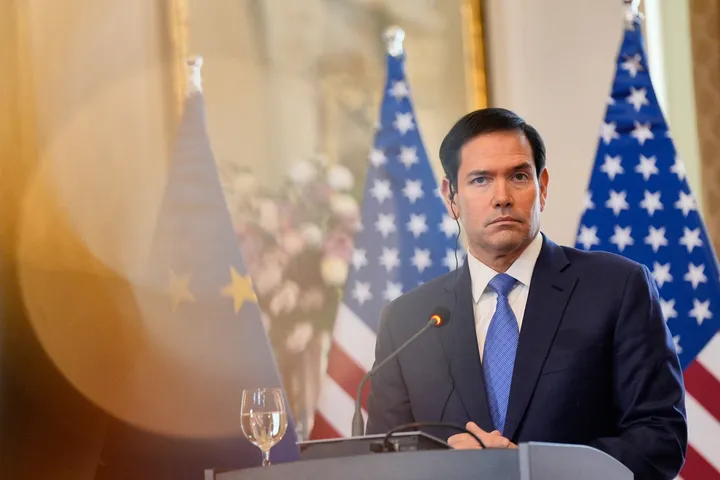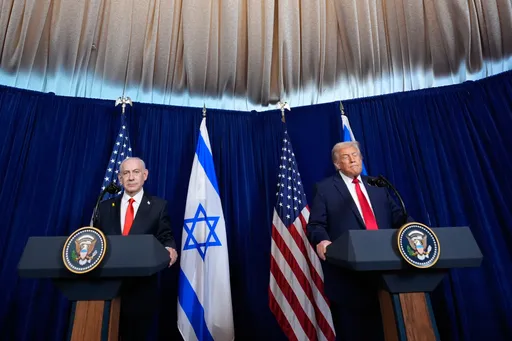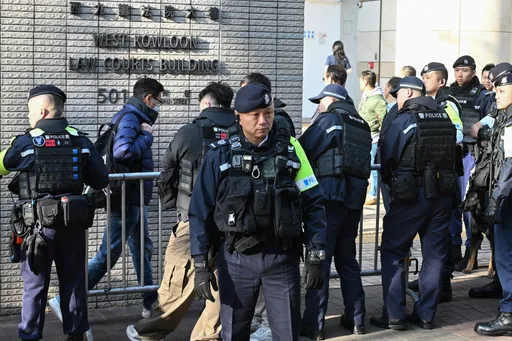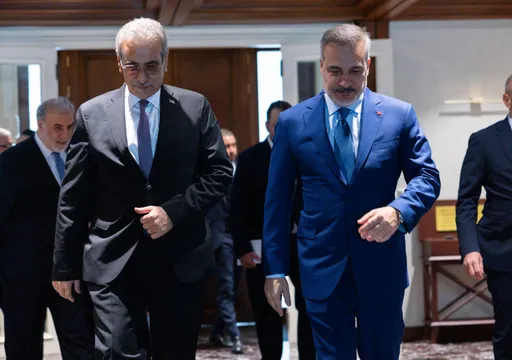A group of British MPs and lawyers called on the UK and other countries to impose Magnitsky-style sanctions on Saudi Arabia this week over its human rights abuses of royal family members, and other high-profile detainees. The call comes as US president-elect Joe Biden prepares to enter office, though little change is expected regarding human rights violations in the Kingdom.
“Right now, with the change in leadership in Washington, there is an expectation in London that the US will begin to approach the Kingdom of Saudi Arabia differently than it has been doing for the past four years with Trump at the helm,” said Giorgio Cafiero, founder and CEO of Gulf State Analytics. “The expectation is that the next administration will put some pressure on the Saudi Kingdom in relation to human rights issues.”
The recommendation came in a report published Thursday detailing the injurious detention conditions of Saudi royals former Crown Prince Muhammed bin Nayef and Prince Ahmed bin Abdul Aziz al Saud, including denial of access to legal advice, medical care, and communication with family.
It also warned that the Kingdom’s failure “to live up to the normal standards of international law...serves to increase the threat to the stability of the government of KSA,” which in turn would constitute a threat to international peace and stability.
Weapons trade overrides human rights
Saudi Arabia and Crown Prince Muhammed bin Salman faced some international scrutiny over the shocking assassination of Jamal Khashoggi in 2018, and the devastating effects of the Saudi-led war in Yemen. European countries like France, however, have continued armed sales to the Kingdom.
“[It would be a] nightmare for Saudi Arabia if there are more sanctions imposed on the country that harm the country’s foreign investment climate. The ambitious Vision 2030 only has a chance of succeeding if there is sufficient amounts of foreign investment,” Cafiero said.
“At the same time, it is very possible that we will see western countries continue to make investments in Saudi Arabia. I’m sort of skeptical that the situations concerning a certain activist, as well as the plight of certain royals, will do much to stop business and investment ties between the west and Saudi Arabia, simply because there is so much money for westerners to make there.”
On July 6, the UK had issued Magnitsky-style sanctions to 20 individuals in the Kingdom over the brutal murder of journalist Jamal Khashoggi, only to reportedly call Saudi officials discreetly the day after to “apologise” and reaffirm Britain’s support for the regime.
At the time, human rights groups questioned the “clear message” that Foreign Secretary Dominic Raab alleged to send to the “thugs of despots and henchmen of dictators” and the laundering of “blood-drenched ill-gotten gains” when, on July 7, Britain also lifted its ban on weapons sales to Saudi Arabia.
British Secretary of State for International Trade Elizabeth Truss said in a statement that a government analysis found no “patterns, trends, or systemic weakness” and that breaches of IHL were “isolated incidents,” in direct contrast with the UN and international rights organisations who have found “rampant levels of serious violations of international human rights law and international humanitarian law, many of which may amount to war crimes,” in Yemen, including indiscriminate attacks, recruitment of child soldiers, use of torture and sexual violence, among other crimes.
Arms sales had been suspended since June 2019, when the UK Court of Appeal had found weapons sales to Saudi Arabia to be unlawful due to their risk of being used in breach of international humanitarian law.
Over 233,000 people, including thousands of children have been killed in the conflict in Yemen, widely considered to be Crown Prince Muhammed bin Salman’s war.
Systemic human rights abuses at home
Saudi Arabia has also long been criticised for a variety of human rights abuses at home, including torture and sexual assault, suppression of free speech and peaceful protest, gender and religious discrimination, abuse and mass deportation of migrant workers, and the banning of independent human rights organisations.
In the backdrop of much-publicised and limited reforms, civil and political rights in particular have experienced a sharp decline since Mohammed bin Salman became crown prince in 2017.
Moreover, the Kingdom has reportedly spent billions of dollars hosting sporting, entertainment, and other cultural events in concentrated effort to whitewash and deflect from its “image as a pervasive human rights violator.”
Amnesty International reported the execution of 184 people in 2019, the highest on record for the Kingdom. The human rights body also documented an increase in the use of the death penalty as a political weapon.
“It remains to be seen to what extent the government of the UK or US actually takes action against Saudi Arabia with respect to human rights,” continued Cafiero. “There is a lot of signaling that goes on, but to see concrete action would be something else. Ultimately seeing is believing.”























